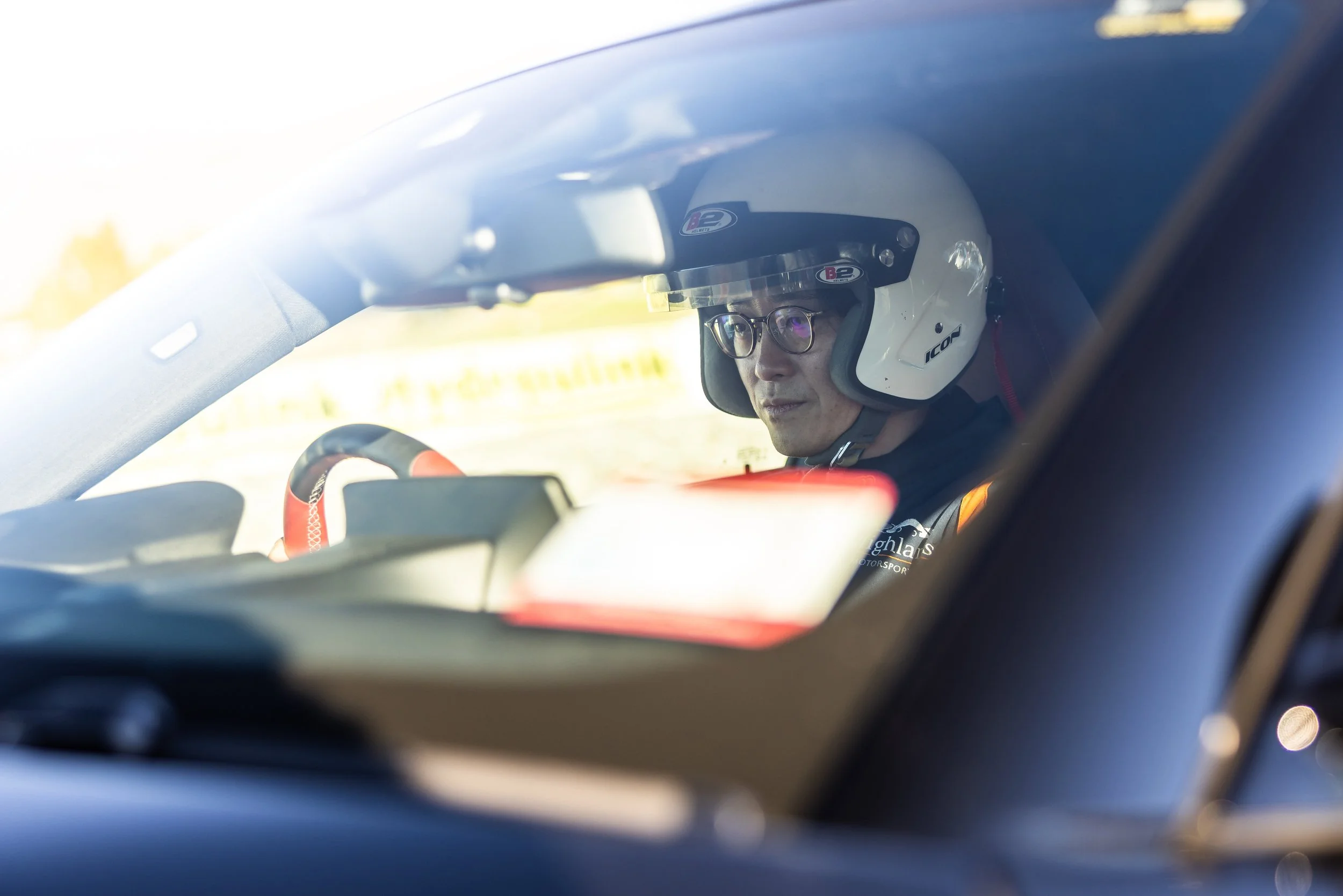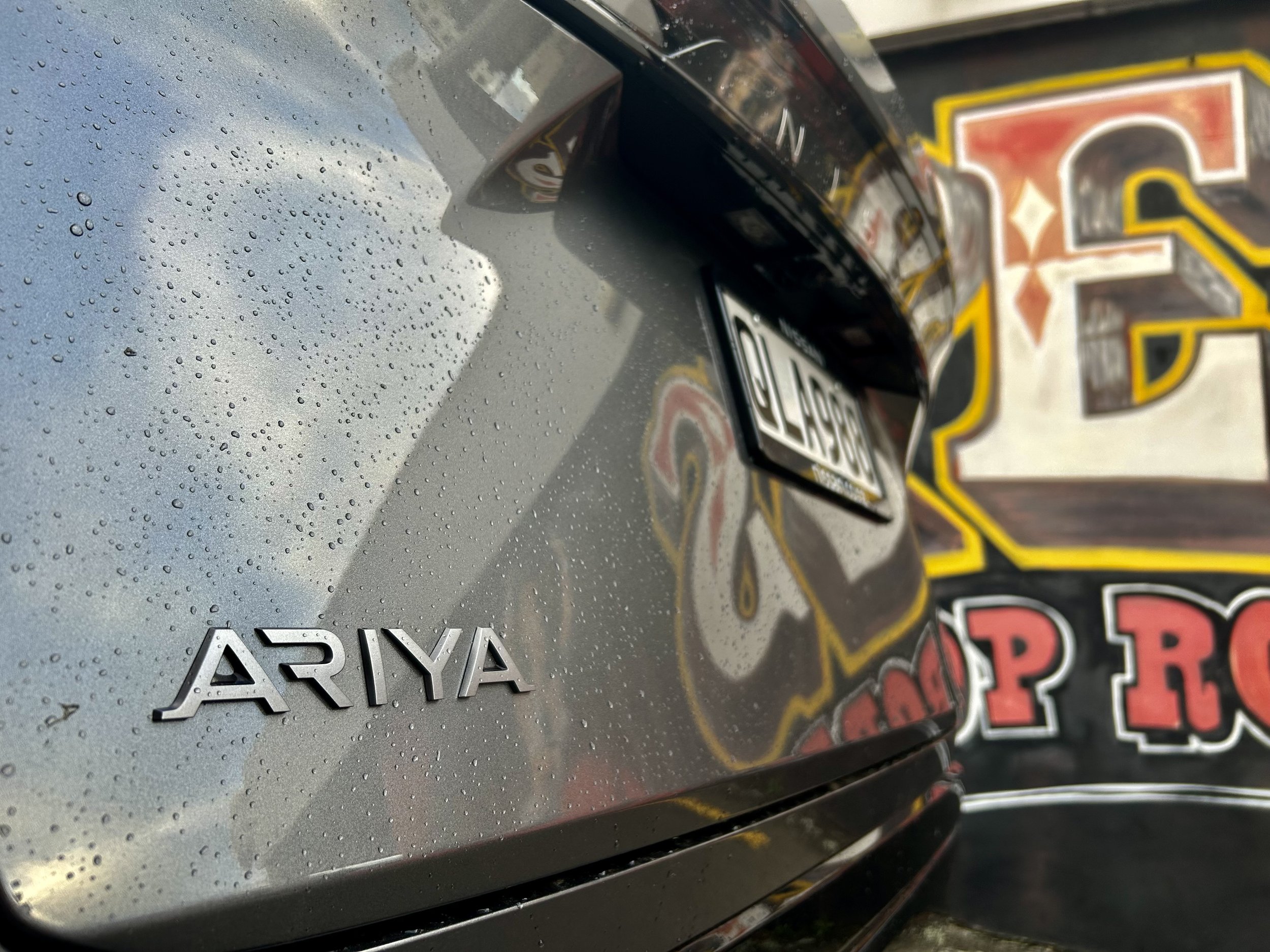Electric Hilux coming - but is it welcome?
/Kiwi ute buying and usage habits would surely require change for the Revo to earn a living here.
HOW relevant a production-confirmed electric Hilux is to New Zealand could well depend on whether it breaks away from the body style it has as a concept.
Toyota New Zealand comment in respect to the electric-reliant variant set to be out by 2026 steers clear of offering thought about how worthy it would be if it sticks to the look shown by the Hilux Revo BEV design study.
However, the Palmerston North-based market leader has indicated that an electric product of any kind will achieve consideration.
“There is no indication of the recently announced Hilux EV being in production or available for New Zealand currently,” a spokesperson said.
“Our objective in New Zealand is to reduce our CO2 emissions by 46 percent by 2030 through offering multiple powertrains, so when a low or zero emissions vehicle is offered we would consider it.
“We need to ensure it meets the needs of our customers, as well as look at what specifications customers here in NZ would be interested in.”
The shape of the present diesel-pure Hilux family likely lends good idea of TNZ’s taste being for something Revo might struggle to achieve.
Toyota has already tacitly admitted it created the electric Hilux design study as a rear-drive single cab, offering room for just a driver and one passenger, that has an extended deck and wheelbase for simple reason: To fit in a battery.
That might not be so easily achieved with the Kiwi-favoured double cab treatment and becomes an even more challenging exercise if the EV has to deliver with another feature chosen by most here - four-wheel-drive.
With electric, that layout obviously asks for a motor on each axle, and a battery in between.
It would also require a much higher degree of robustness and range than might apply to the Revo, which has consistently described as being an urban-focused two-wheel drive pick-up designed for short-range use.
In the background to all this: How long before current Hilux is replaced by a new-generation rig? Talk has long been that the present vehicle has but a year or so to run.
Toyota’s confirmation that it will make a battery-reliant edition of its world-famous one-tonne ute has come from an interview given by a senior executive to the Reuters news agency.
In addition to saying the type will be built in Thailand, sourcing point of current NZ-market variants, as a 2026 model, Pras Ganesh, executive vice president of Toyota Motor Asia, also said it’s advanced to point of just about to enter a final testing phase.
Ganesh said the electric Hilux will primarily be aimed at Thailand, where the Revo was developed and where pickups account for more than 50 percent of vehicle sales.
However it is also under consideration for export to additional markets.
There is no suggestion it will be anything other than an adjunct to the combustion-engined types.
No matter how EV followers feel about Toyota’s supposed obligations, fact is this is a model that sells in a lot of countries where electric cannot be considered, and might not be for years yet. So, diesel is a lifeblood for a long time yet.
Even so, Revo might start a family. There’s talk now a smaller, lifestyle-oriented electric truck might also be in the works. That offer is thought be based off another concept, called the EPU, Toyota Japan showed at the 2023 Tokyo auto show.
Previous reports suggested the Revo project had stalled, even after Thailand-based Toyota Daihatsu Engineering Manufacturing (TDEM) invested a seven-figure sum to create this working concept.
Motivating Toyota is said to be an influx of Chinese electric vehicles entering the lucrative Thai market.
The Revo concept dates back to 2022 and Toyota has been using it for testing purposes since, including trials in Australia last year for a short term.
Ganesh confirmed the planning for a Hilux BEV when attending a Future Mobility Asia summit in Thailand.
He refused to provide any details of the production model, but did confirm it would be produced for export markets, said before being signed off the model had to undertake real-world testing both in hot and cold climates.
He hinted at the issues of fitting in a battery pack powerful enough to meet all expectation in saying: “The more range I have to put on it, the more battery I have to put on it, which means the weight of the vehicle also becomes significantly heavier – which means the loading can be much less.
“So, ‘Is it going to meet the customer’s usage needs?’ is always our biggest issue. We are always trying to understand what they do.”
Hilux isn’t alone in the electric ute race. Isuzu has already said it will build a battery-electric version of the Isuzu D-Max ute in Thailand from next year. again, it will be available for export.
The sector-dominating Ford Ranger is also heading to electrification, with a plug-in hybrid edition out from early next year, and Hilux in current form already touches into battery assist, if lightly, with a version offering 48 volt system now on offer.
That edition is now here - one market rival estimating more than 1000 have landed, those perceived to fulfil a fleet order. The TNZ spokesperson said the type is now represented on the national website. “Customers are encouraged to contact their local Toyota Stores for test drives.”
Toyota plans to add many more EVs in the years to come, though it will continue to offer vehicles with combustion engines, and in particular hybrids.
Sales of hybrids have surged in the past year, which has helped Toyota reach record global sales. For the year ending March 31, sales of hybrids for the Toyota and Lexus brands grew by 31 percent to 3.7 million units, helping those brands deliver a combined 10.31 million units.



















